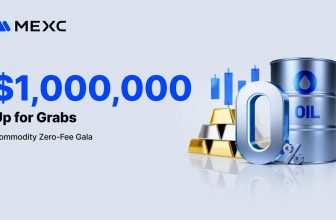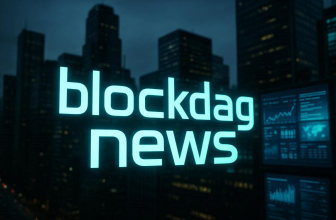
Ether (ETH) is Ethereum’s native token. It consistently ranks second below Bitcoin on cryptocurrency exchanges. At the time of this article, ETH to CAD is valued at around $2500 for one ETH token. This is a far cry from Bitcoin’s value which currently sits at nearly $70,000 CAD.
Ethereum was established in 2014 and works on the same technology as Bitcoin. Owning ETH is a lot like holding a skate in the company. As a result, Ether is neither as volatile nor as valuable as Bitcoin.
Ether is a utility token, which is one of the main differences between Bitcoin and ETH. Utility tokens are used to fund and back projects, hence the name. Ethereum blockchain projects are run with ETH. ETH is called “the gas” because it funds the Ethereum network. When investors purchase ETH, they invest in Ethereum’s decentralized autonomous projects.
Unlike Ether, Bitcoin’s value is primarily speculative, as it is driven solely by market demand. Bitcoin’s value is speculative is because it is not tied to any fiat currencies, projects, or precious metals. This is not a negative designation; the value of gold is also largely speculative.
What you'll learn 👉
Decentralized Autonomous Organizations (DAOs)
Ethereum, on the other hand, is an organization that enables other projects on its blockchain. This means that Ether’s value is derived from the success of Ethereum’s blockchain projects. The projects are called DAOs, or Decentralized Autonomous Organizations.
These projects are built on top of Ethereum’s blockchain technology. Ethereum’s role is primarily to facilitate individual projects. The blockchain was designed to be truly democratic. No one corporation owns Ethereum. Instead, Ethereum is a collective, decentralized initiative that relies on its cryptocurrency, Ether.
Many government and private projects are experimenting with Ethereum’s blockchain. Blockchain is an excellent way to store and share information securely. As such, blockchain can be used to manage a myriad of bureaucratic documents and processes safely.
Ethereum v. Bitcoin
Like Bitcoin, ETH is also held, traded, and used to pay for items. Aside from the Ethereum blockchain, the other significant difference is that ETH has a much lower hash rate.
A low hash rate makes Ether a much more flexible cryptocurrency. Because the hash rate is lower, ETH is easier to mine, and transactions are processed much faster. This means that ETH also uses much less energy to run than Bitcoin.
One of Bitcoin’s drawbacks is that the cost of transactions is about $25 CAD per transaction because of the high hash rate. Therefore, most investors hold and trade Bitcoin rather than using it to pay for items.
Cryptocurrency Exchanges
ETH is sold on most cryptocurrency exchanges, as it is a stable and strong cryptocurrency. As such, there are many ways to purchase Ether in Canada. Investors can use either managed or decentralized exchanges to purchase ETH.
Decentralized exchanges work to connect investors peer-to-peer. As such, there is little oversight on decentralized exchanges. Many investors prefer to use decentralized exchanges because individuals can customize all of the terms of their peer-to-peer exchange. These platforms are also fairly anonymous, which is important to many users. Decentralized exchanges do not require any personal information from investors.
However, with the increased popularity of cryptocurrency, centralized or managed exchanges have become the preferred choice of many investors. Managed exchanges work much like your traditional exchanges. These platforms broker purchases and sales for investors. The reason many prefer to use centralized exchanges is that they are businesses. Managed exchanges offer a variety of services and customer support.
Where to Buy Ethereum
Once an investor has decided which exchange to use, they need to set up an account with a digital wallet. Digital wallets work much like online bank accounts. Exactly now users can load their digital wallet depends on the individual exchange and digital wallet. To add funds to the digital wallet typical methods are wire transfer, e-transfer, credit card, or other cryptocurrencies.
FYI Canadian Investors
Canada has remained fairly open and accepting of cryptocurrency. Many nations, such as Bolivia, China, and Russia have chosen to make cryptocurrency illegal. While the CRA has been hospitable to cryptocurrencies, there are ever-evolving regulations around the taxation and regulation of them.
Currently, capital gains and business income must be reported to the CRA for taxation purposes. Recently, Canadian regulators announced that cryptocurrency exchanges will need to register as securities traders. That means that exchanges with operations in Canada will need to comply with Canadian anti-money laundering agencies and credit bureaus.





